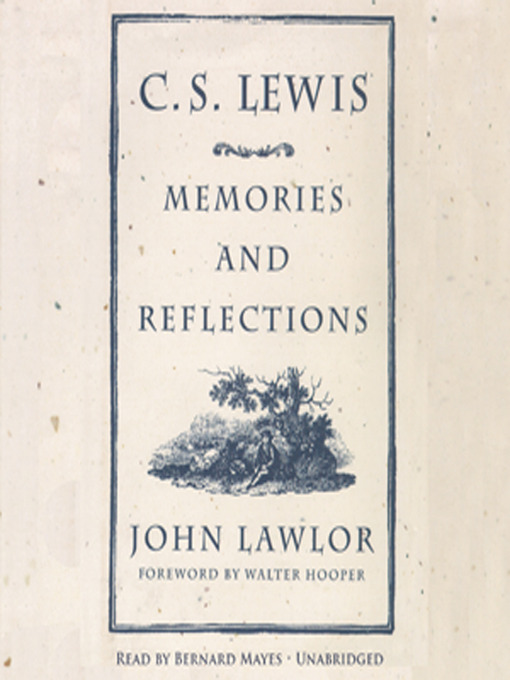From his rare vantage point as Lewis' student, friend, and professional colleague, Professor John Lawlor recalls Lewis "in his habit as he lived." He offers an unforgettable account of studying under Lewis and an enchanting depiction of undergraduate life at Oxford between the wars. To round out his picture, Professor Lawlor draws on recollections of other associates of Lewis, including J. R. R. Tolkien.
These sketches are complimented by an exposition of Lewis' science fiction and his Chronicles of Narnia, as well as an assessment of Lewis' neglected notion of "happiness" and its links with nineteenth-century English Romanticism. Professor Lawlor concludes with his own summarizing understanding of this complex man.


